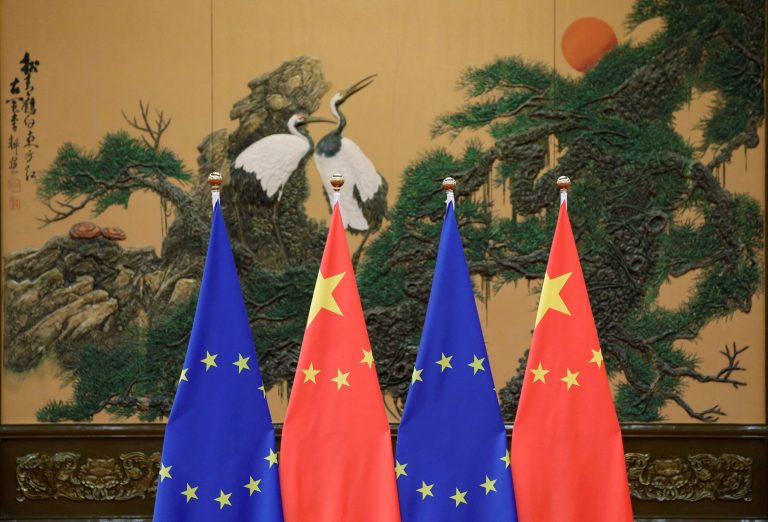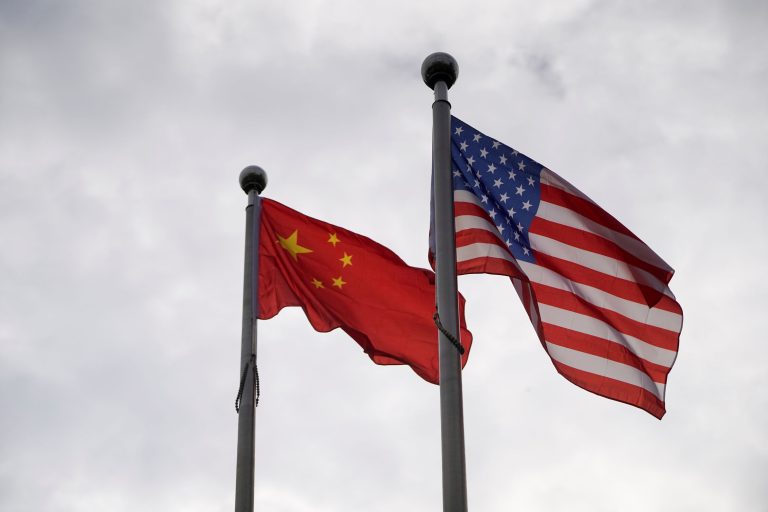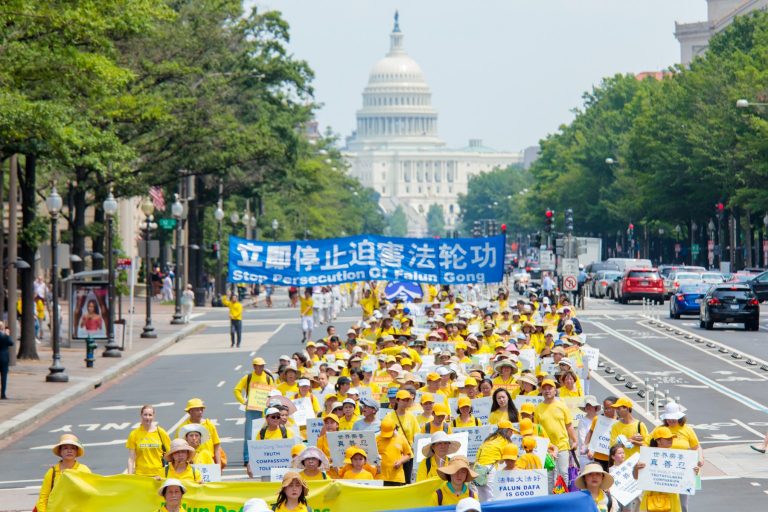Escalating frictions with the European Union over electric vehicle imports could trigger a trade war, Beijing said on June 21.
Robert Habeck, Germany’s economy minister, arrived in the Chinese capital with the proposed tariffs high on his agenda. His trip to China is the first by a senior European official since Brussels proposed hefty duties on imports of Chinese-made electric vehicles, which are highly subsidized.
China responded with harsh criticism from Chinese leaders.
This week alone, Chinese automakers urged Beijing to hike tariffs on imported European gasoline-powered cars. The Chinese government also launched a dumping probe into EU pork imports, in retaliation for the EU Commission’s move.
A spokesperson for China’s commerce ministry said in a statement, “Responsibility lies entirely with the EU side.”
- Treasury Secretary Yellen Says US, EU Must Respond to China’s Industrial Overcapacity
- EU Leaders Meet Xi Jinping in Paris, Express Concern Over Beijing’s Trade Practices
Success
You are now signed up for our newsletter
Success
Check your email to complete sign up
Habeck’s visit is seen as an opportunity for Germany to explain to Chinese officials the recent tariff announcement, while allaying the risk of retaliation.
Germany has the largest economy in the EU, with a gross domestic product (GDP) of 4.121 billion euros (around US$4.40 trillion) in 2023, making it the third-biggest economy in the world after the U.S. and China.
Germany’s voice carries particular weight, and its leading car manufacturers have vociferously opposed the EU tariffs.
Berlin has urged dialogue between the sides, while also expecting China to compromise.
The country’s carmakers would be the most exposed to any countermoves from China, as almost a third of their sales came from the communist country.
The EU’s move on EV tariffs plunged trade ties to a new low.
Chinese state media portrayed the visit as a chance to defuse tensions. The Chinese Communist Party (CCP)-controlled Global Times cited some experts as urging Germany to seek consensus on the trade issue.
On his arrival in Beijing, Habeck was expected to meet ambassadors of several EU countries and then head into talks with Premier Li Qiang and other officials.
He will also meet Industry Minister Jin Zhuanglong and Commerce Minister Wang Wentao before going to Shanghai and Hangzhou. He said he does not expect to reach a solution on trade tensions.
Trade experts say economic and political factors all increasingly favor the U.S.-German relationship.
Germany’s trade with China in the first quarter of 2024 was 60 billion euros ($64 billion), less than the 63-billion-euro total volume of U.S.-German trade.
China has been Germany’s top trading partner for eight years in a row.
But now official figures released on Friday underlined the shift: German exports to China fell 14 percent in May from a year ago while exports to the United States rose 4.1 percent.
Reuters contributed to this report.







